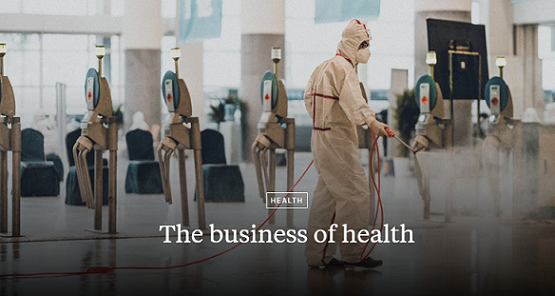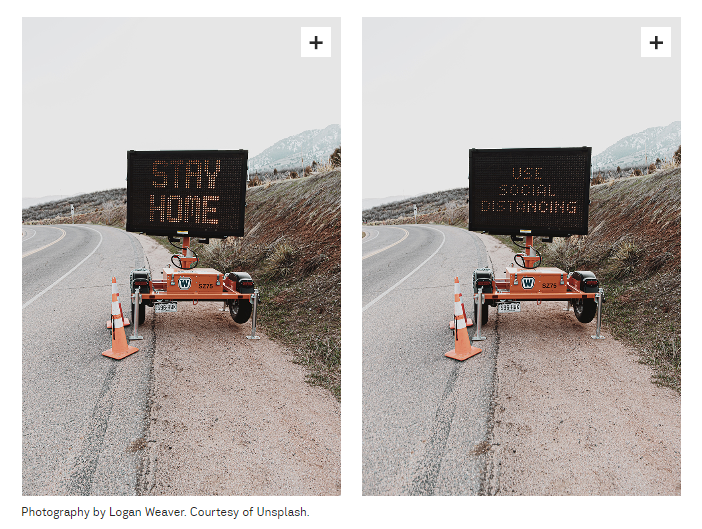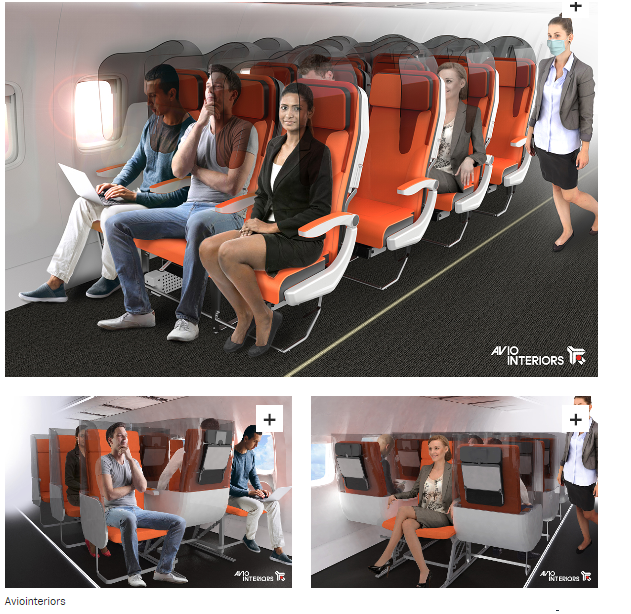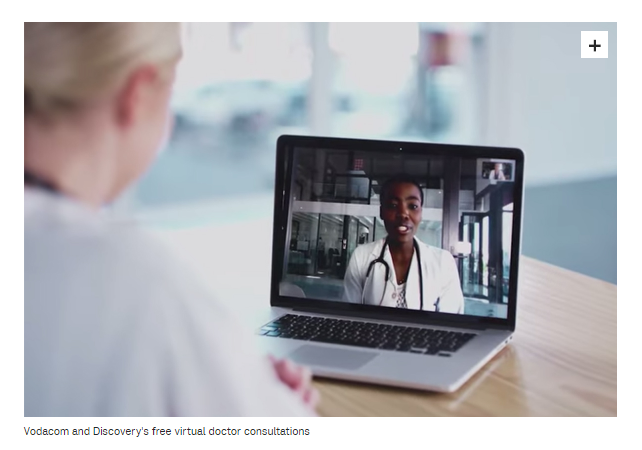 The pandemic has pushed health to the top of the agenda—for everybody.
The pandemic has pushed health to the top of the agenda—for everybody.
Every brand is now in the business of promoting public health, whether by keeping employees home, diverting production to making masks and hand sanitizers or simply amplifying World Health Organization recommendations on social distancing and hand washing.
For some brands, this goes beyond sanitation and includes changing their brand messaging, products and services, and even partnering with competitors, in ways that may last well beyond the pandemic.
“Every business is a health business,” consulting firm Accenture declared in a recent paper on COVID-19 consumer shifts. “Almost every experience, product and service will be reassessed by people according to the extent to which it either enhances or diminishes health.”
Indeed, COVID-19 is turbo-charging a trend towards health and wellness we’ve seen in sectors such as food, retail, travel and beauty. Some high-end hotels already employ health concierges, who create personalized nutrition, sleep and exercise programs for guests.

The pandemic has taken that up several notches.
US-based clean beauty brand Clark’s Botanicals, following in the footsteps of LVMH, L’Oreal, Estee Lauder and others, has begun making and selling hand sanitizers. The Clark’s Botanicals Hand Sanitizer retailing for $8.63 is now the first product you see on the Clark’s Botanicals website, before its bestselling serums and creams.
“This product broke every single one of our rules of what we do. It’s not a clean product, it’s not sustainable packaging and it’s not about luxury. But it responds to a desperate need from our customers and all people,” founder Francesco Clark told Glossy.

The health imperative is spreading beyond the obvious sectors now.
Automotive: Even automakers are now in the business of health, beyond safety. A survey by Ipsos in China conducted at the end of February found high interest in buying new cars, with 77% of respondents saying that driving cars instead of taking public transport can reduce the chance of infection.
69% of the 1,620 respondents indicated a preference for a “healthy configuration” in a new car, higher even than “vehicle safety” (64%). 51% said they preferred an air conditioner with a germ-filter and 49% indicated a preference for a car interior with antibacterial properties.
Airlines: For years, airlines have been packing more and more passengers onto their planes, as well as shortening turnaround (and cleaning) time between flights. They too will have to up their sanitation game to lure people on board again.
Aviointeriors, an Italian design firm, has redesigned airplane cabins for a post-pandemic world, the Telegraph reported. It includes clear plastic guards around passengers, reminiscent of phone booths.

Beauty: Beauty counters will be re-thought. In the UK, prior to stay at home mandates, MAC stores banned make-up artists from using their (shared) brushes on customers. Instead, customers could only use disposable applicators on themselves.
This could accelerate the development of in-store and mobile apps for trying out products virtually.
For now, though, beauty brands are talking less about make-up and skin-care tips and dispensing advice on how to handle anxiety and cultivate mindfulness. At Goop, Gwyneth Paltrow’s beauty and wellness brand, the website’s work and wellness category has seen a 23% jump in page views in the third week of March, according to Glossy.
Technology: To help enforce quarantine restrictions in China, tech giant Alibaba created the Alipay Health Code app on smartphones. Users get a rating of green, yellow or red based on their personal health records, which allow them to travel—or not—on public transport.
The Alipay Health Code app allowed the virus epicenter of Wuhan to gradually re-open and also assured those out and about that they wouldn’t accidentally encounter the sick.
In South Africa, mobile phone operator Vodacom is partnering with health insurer Discovery to offer free virtual doctor consultations to anybody worried they that they may have COVID-19, through Discovery’s DrConnect platform.
The pandemic has also brought arch rivals Apple and Google together. The Silicon Valley tech giants have announced a joint effort to introduce updates to their operating systems that will help track potential COVID-19 cases. To be launched in mid-May, the updates on iOS and Android phones will allow exchange of anonymized keys through Bluetooth for any phones that come in close proximity of each other.
If a person tests positive for COVID-19, they can inform the app and the app can inform anybody with a phone that has come close to the infected person, without revealing their identity. To allay privacy concerns, Apple and Google said the feature would expire at the end of the pandemic.
Meanwhile, Amazon has started building a COVID-19 testing lab for its employees. Founder Jeff Bezos said in his annual shareholder letter released this month that the company plans “regular testing of all Amazonians, including those showing no symptoms.”
In the future, health could become a necessary component of all product development, with brands perhaps employing their own Chief Health Officer or Health Therapists with wide-ranging clout throughout the organization for both employees and consumers.
Source :JWT Intelligence


